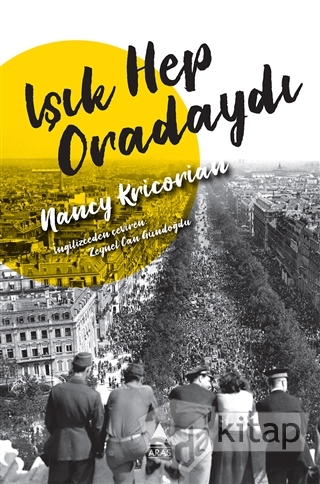What do you think?
Rate this book


272 pages, Paperback
First published January 1, 2013
As an historian of WWII Armenian history, I highly recommend Kricorian's book. She really did her homework on this, and her historical references were dead on. On the surface, All The Light There Was is both an Armenian coming of age and love story taking place in German-occupied France. It's an historical fiction that's hard to put down once you start reading. You don't have to be an Armenian to appreciate this book, though I believe that Armenians do have an advantage due to Kricorian's use of Armenian cultural cues and references.
What I found most compelling, however, was how the characters who survived the Armenian Genocide emotionally and psychologically processed the German persecution of the French Jews, in essence leading them to relive the experience all over again.